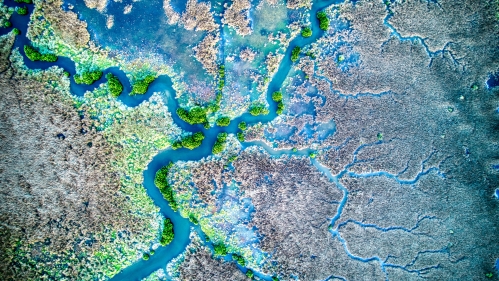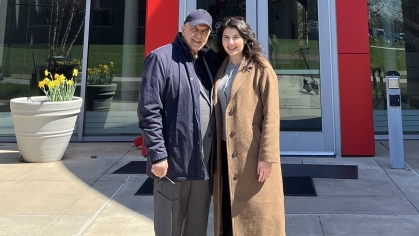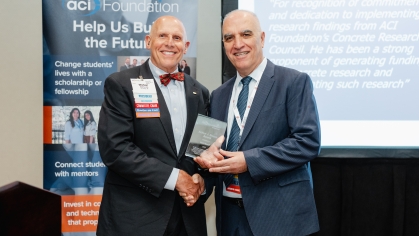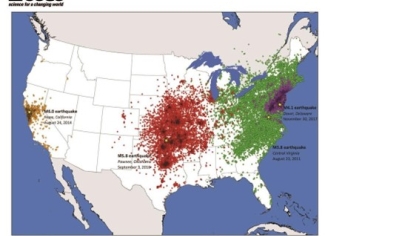Four Questions for Associate Professor Efthymios Nikolopoulos

Efthymios Nikolopoulos joined the Department of Civil and Environmental Engineering as an associate professor in hydrology and water sources. Before this, he was an assistant professor at the Florida Institute of Technology.
His research, which is driven by a lifelong fascination with water, includes expertise in the remote radar and satellite sensing of precipitation distributed hydrologic modelling, and statistical analysis.
What fueled your passion for civil and environmental engineering?
For me, it was always about water. Its “magical” properties as an element, its importance for natural and human systems, as well as its devastating power in the form of natural hazards such as floods and droughts have always fascinated me.
What is your current research focus?
My research in my Hydrology and Remote Sensing Lab focuses on integrating remote sensing observations with numerical modeling to advance understanding and predictability of hydroclimatic extremes and their impacts.
I’m in the third and final year of a NASA-funded project to understand how hydrologic extremes will change in the future in High Mountain Asia a region where changes in water resources affect the lives of billions of people.
I am just beginning a National Science Foundation funded project on biodiversity change forecasting, and in January, I will start research on a NASA SERVIR project. The SERVIR global network of regional knowledge centers, NASA, USAID, and other partners is dedicated to integrating Earth observations and geospatial technologies for environmental management.
What most excites you about your research?
The connection of my research work with the-real world and the potential for improving the resilience of communities and livelihoods at a global scale is what’s most exciting to me.
I’m also excited to contribute to Rutgers Engineering’s history of excellence with a research program that promotes diversity and inclusion.
How will Rutgers students contribute to your research?
They’ll contribute in numerous ways. In addition to their participation in field campaigns where data are collected to help us understand physical processes and validate our models, my research relies on my students’ enthusiasm, energy, and scientific curiosity that can help push the current state-of-the-art boundaries.


